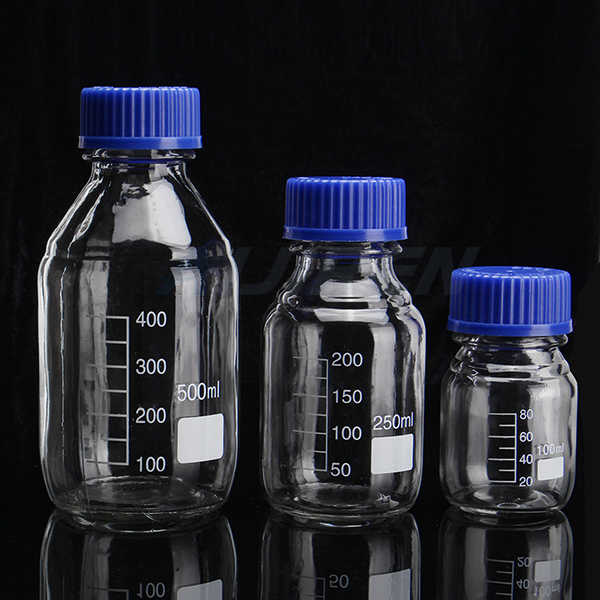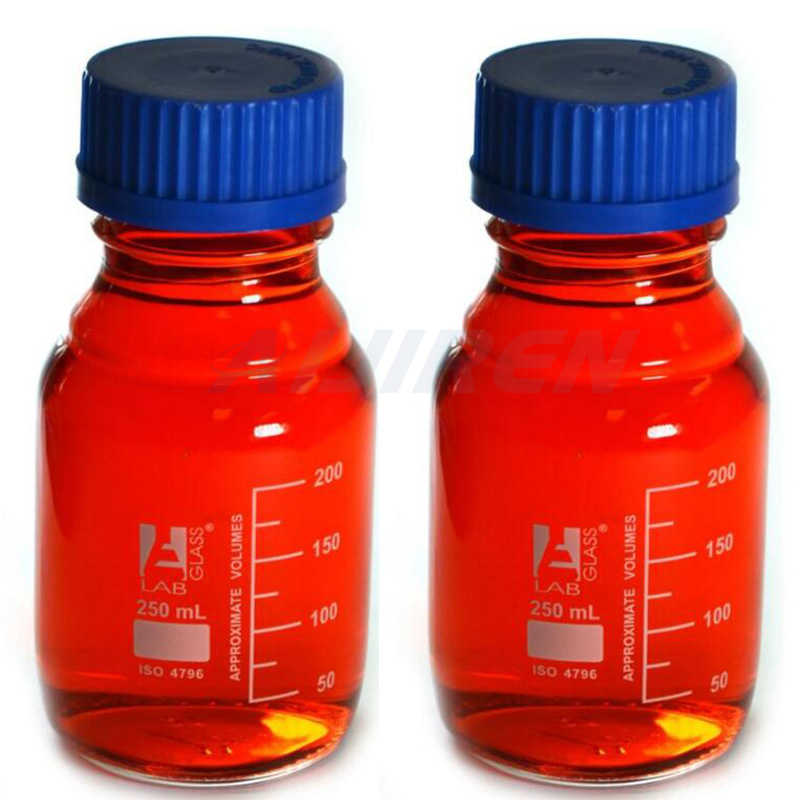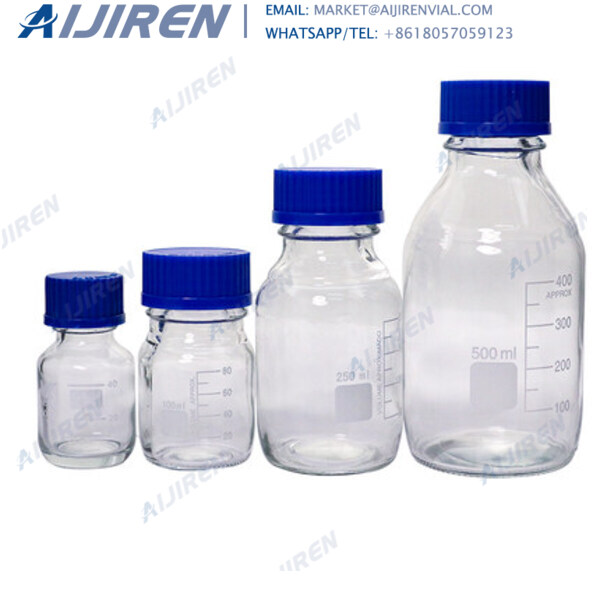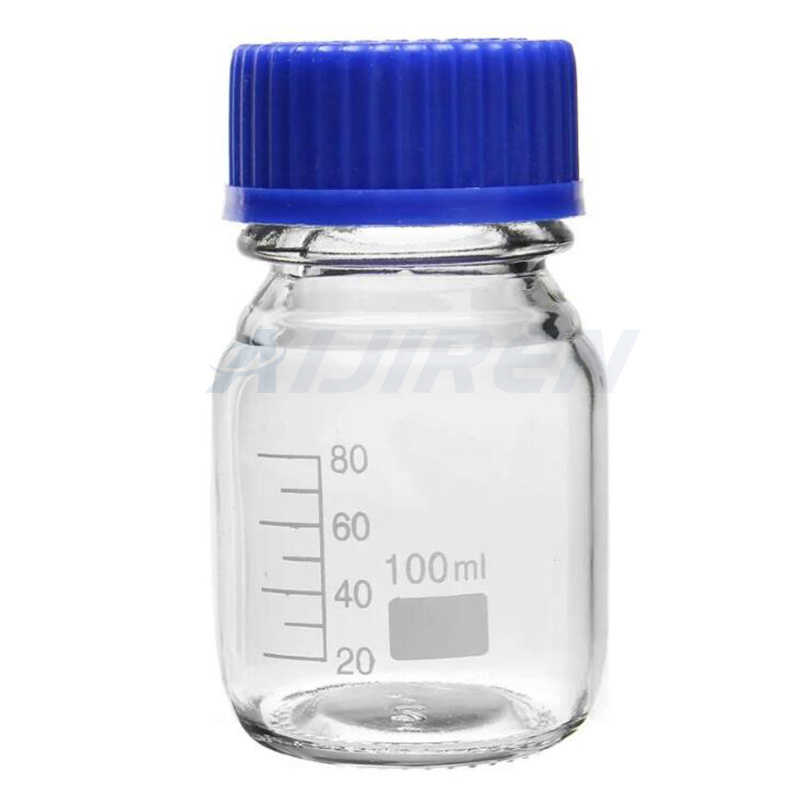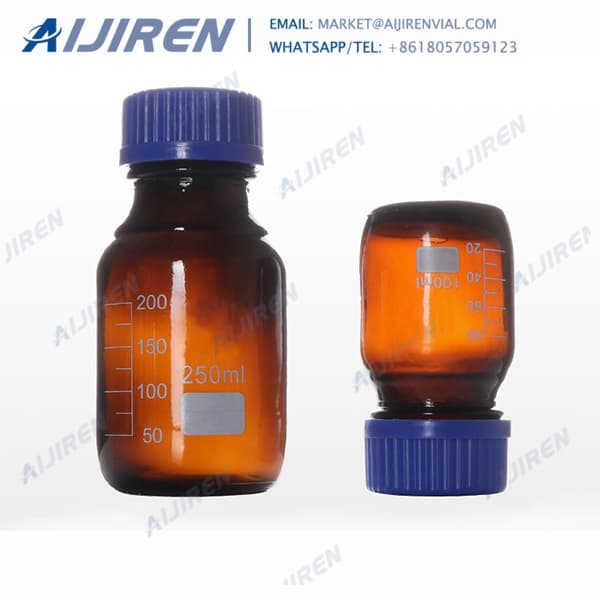Septum HPLC: Optimizing Separation Performance for Complex Analytes
-
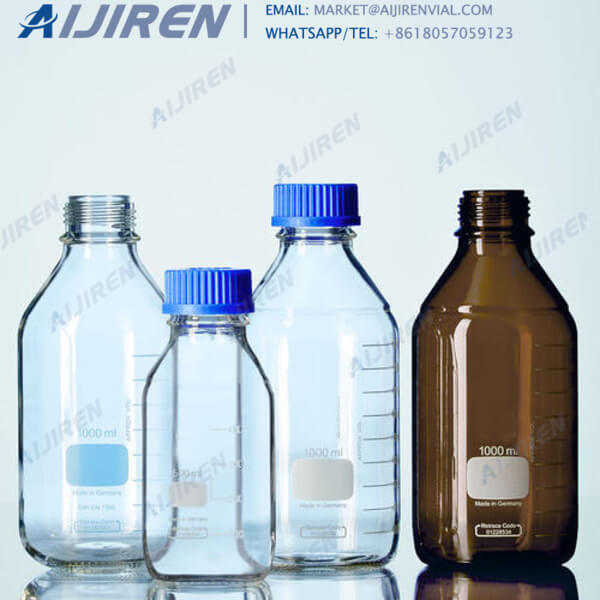
Hplc | PPT - SlideShare
Dec 23, 2015 · Reversed Phase HPLC. It is having a high resolution and separation capacity. It is used as qualitative as well as quantitative analysis. High performance liquid chromatography (HPLC) is a chromatographic technique used to separate a mixture of compounds in analytical chemistry and biochemistry with the purpose of identifying, quantifying or
Get Price -
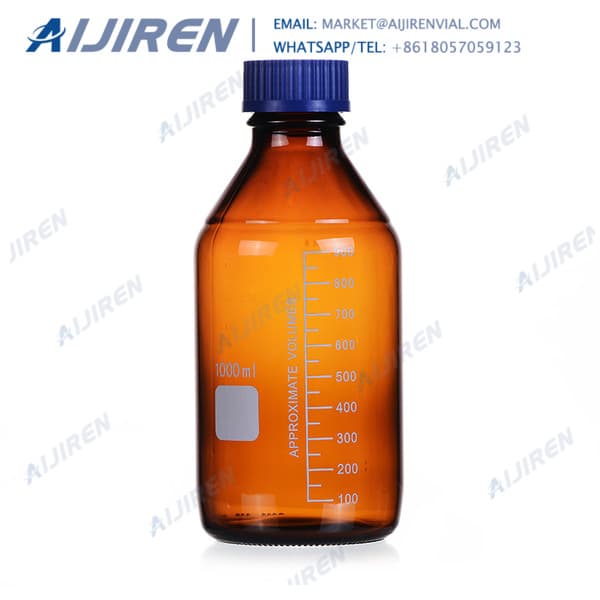
Best Practices for Oligonucleotide Analysis Using Ion-Pair
1) Consider the use of ACQUITY PREMIER Oligonucleotide BEH C 18 Columns with MaxPeak High Performance Surfaces (HPS). PREMIER column hardware built with MaxPeak HPS creates a barrier between the metal surfaces of the fluid path and sample thus minimizing interaction between analytes and column hardware. Employing this technology: i.
Get Price -
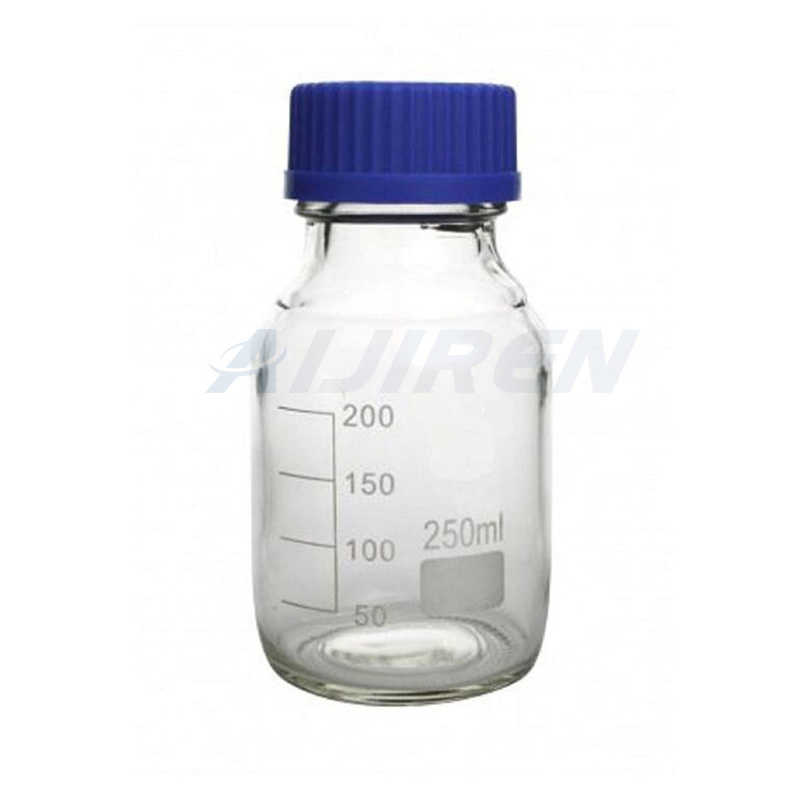
HPLC Stationary Phases for Separating Highly Polar Analytes
Separation of these analytes is challenging due to the diversity in charge, size and hydrophilicity, complex sample matrix, and sometimes the requirement of determination of significantly more hydrophobic compounds within a single injection. While reversed-phase C18 columns are routinely used in many HPLC
Get Price -
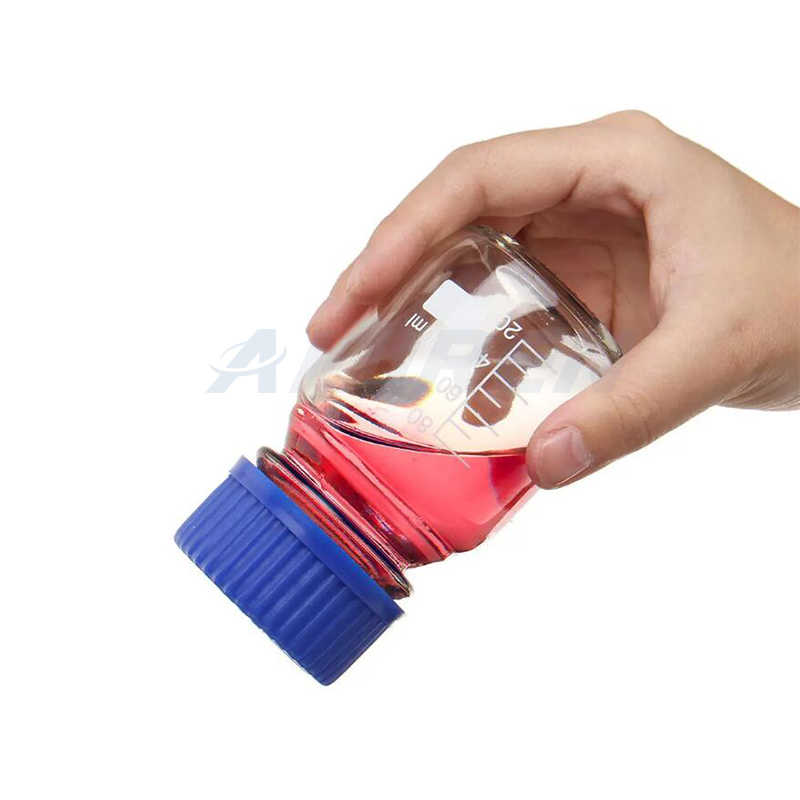
High-performance liquid chromatography - Wikipedia
The greater the separation factor value is over 1.0, the better the separation, until about 2.0 beyond which an HPLC method is probably not needed for separation. Resolution equations relate the three factors such that high efficiency and separation factors improve the resolution of component peaks in an HPLC separation. Internal diameter
Get Price -
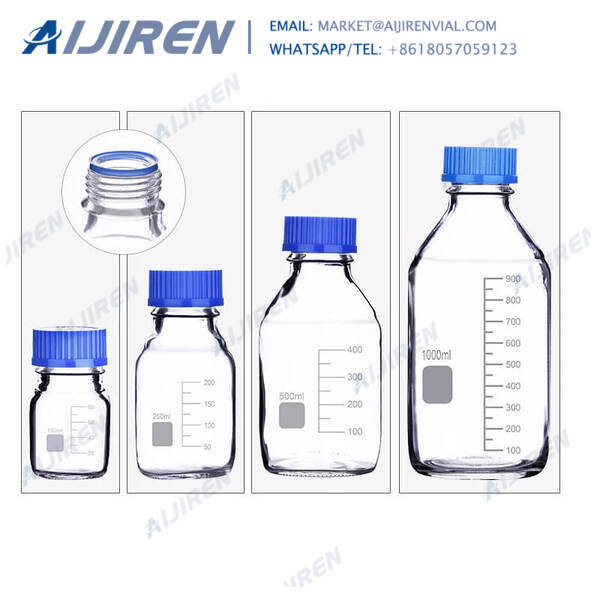
Basic LC Method Development and Optimization - Samanidou
Nov 25, 2015 · The separation of target analytes in HPLC mixtures relies on the following properties: charge, hydrophobicity, affinity, solubility, and molecular weight. According to these properties, chromatographic separations are classified into five major separation modes: Adsorption chromatography, based on adsorption/desorption procedures.
Get Price -
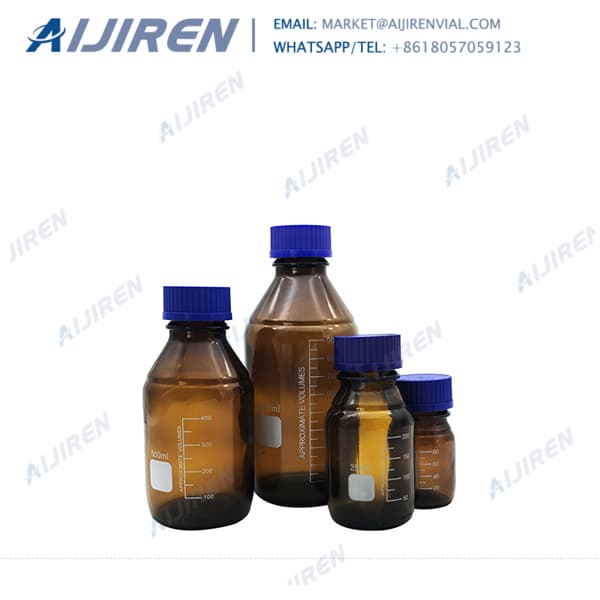
Multi-dimensional LC-MS: the next generation characterization
Oct 2, 2020 · The sLC × LC and LC × LC separation modes are generally preferred for complex mixtures because they provide a more complete picture of the sample. The sLC × LC allows the collection of multiple fractions across one chromatographic peak, while the full 1 D separation will be fractionated in the LC × LC mode, which allows the fractionation
Get Price -
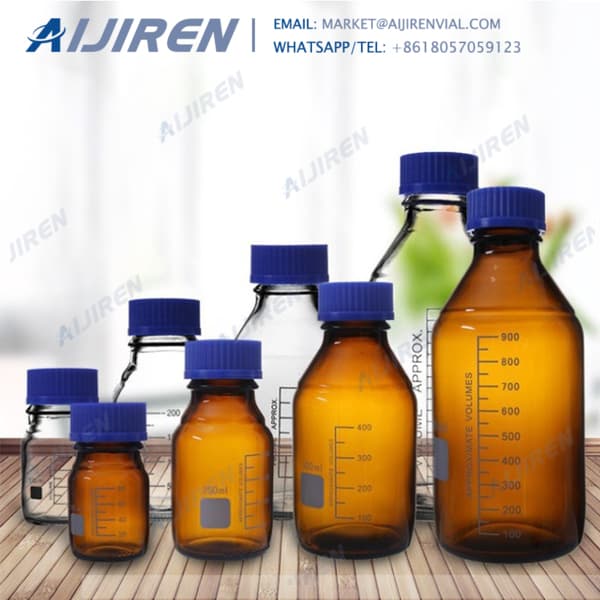
12.5: High-Performance Liquid Chromatography - Chemistry
Nov 13, 2021 · In high-performance liquid chromatography (HPLC) we inject the sample, which is in solution form, into a liquid mobile phase. The mobile phase carries the sample through a packed or capillary column that separates the sample’s components based on their ability to partition between the mobile phase and the stationary phase.
Get Price -
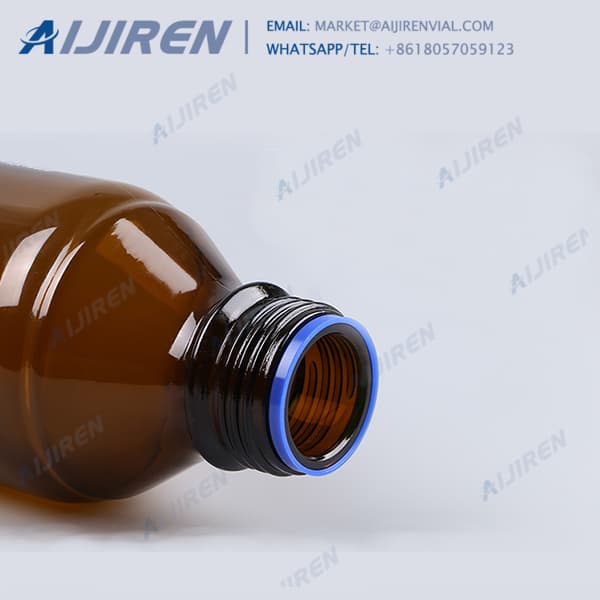
Lab 2: High Performance Liquid Chromatography - Chemistry
High-performance liquid chromatography (HPLC) offers the ability to do just that. HPLC data can be used to complement gas chromatography (GC) or be an excellent alternative to GC when the components are nonvolatile or would thermodynamically decompose under high temperatures. In order to separate mixture components, HPLC takes advantages of
Get Price -
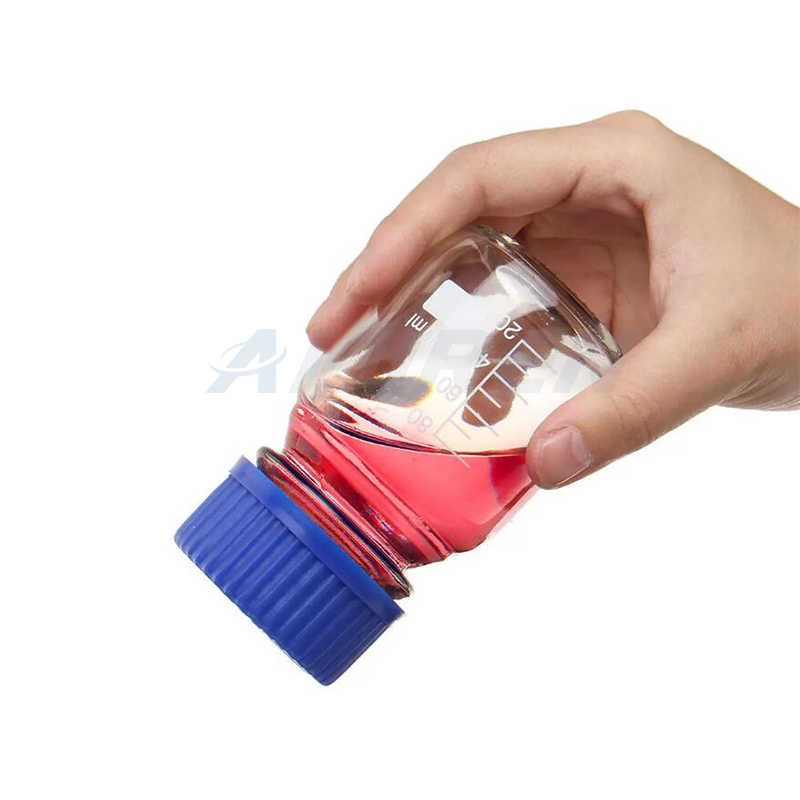
3.2: High Performance Liquid chromatography - Chemistry
3.2: High Performance Liquid chromatography. High-performance liquid chromatography (HPLC) is a technique in analytical chemistry used to separate the components in a mixture, and to identify and quantify each component. It was initially discovered as an analytical technique in the early twentieth century and was first used to separate colored
Get Price -
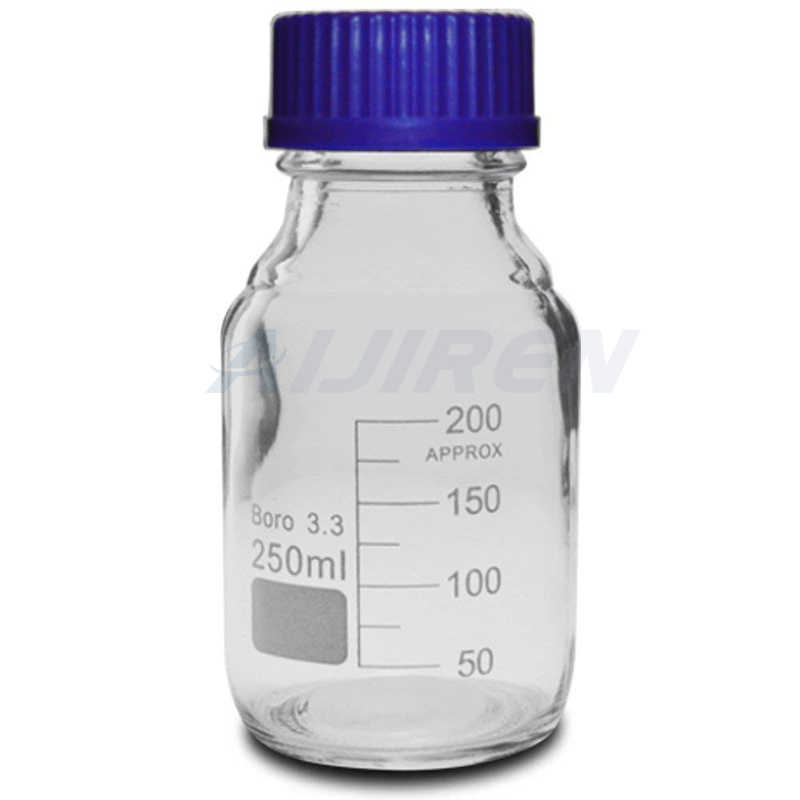
Optimizing separations in online comprehensive two
Nov 23, 2017 · Abstract. Online comprehensive two‐dimensional liquid chromatography has become an attractive option for the analysis of complex nonvolatile samples found in various fields (e.g. environmental studies, food, life, and polymer sciences). Two‐dimensional liquid chromatography complements the highly popular hyphenated systems that combine
Get Price -
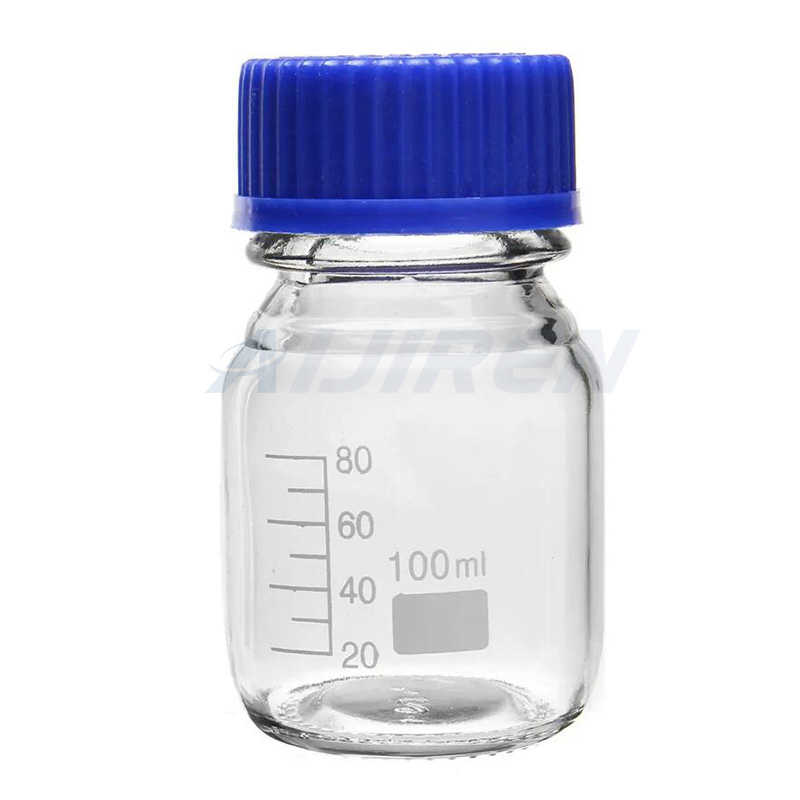
5 Steps for HPLC Method Development for pharmaceutical
Nov 15, 2021 · There are the main five-step for method development. A. Selection of the HPLC method. B. Selection of initial conditions. C. Selectivity optimization. D. System optimization. E. Method validation
Get Price -
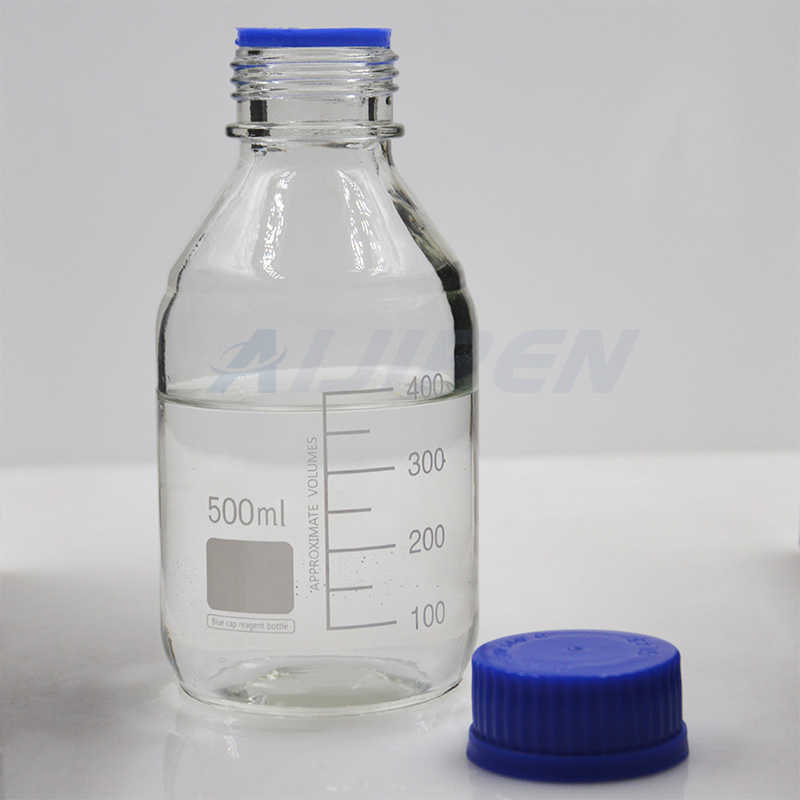
A Simple Approach to Performance Optimization in HPLC and Its
Nov 1, 2010 · A key element of applying QbD in analytical method development is to first develop the method performance criteria and then optimize the method to meet those requirements (18). In Table IV, we summarize the method performance criteria and method operational intent of the ultrafast separation for dissolution testing.
Get Price -
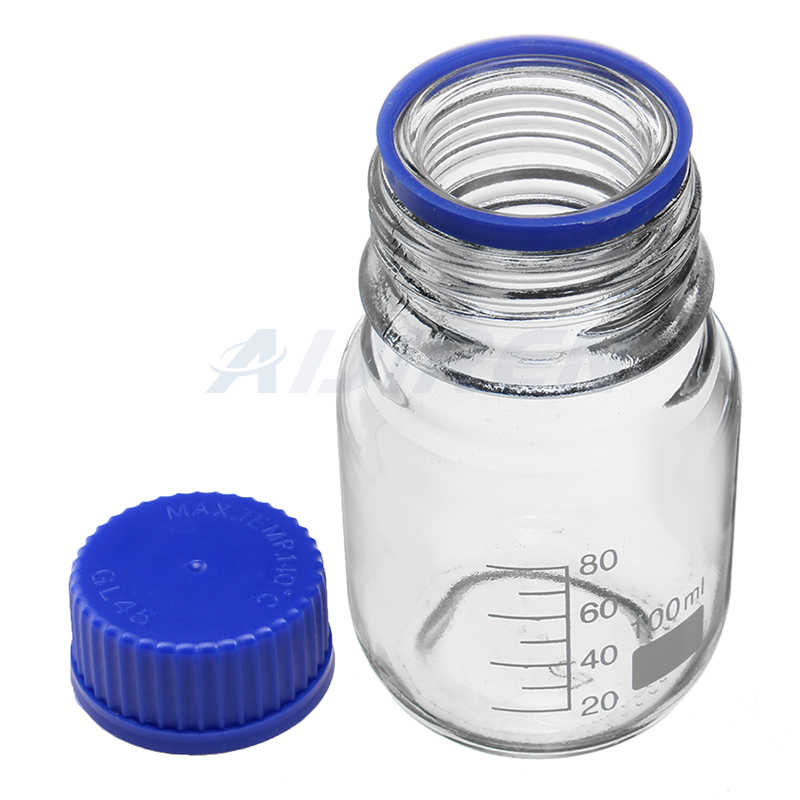
High-Performance Liquid Chromatography for Hormone Assay
Online ISBN 978-1-59259-986-8. eBook Packages Springer Protocols. High-performance liquid chromatography (HPLC) is a refinement of traditional column chromatographic techniques. The speed of analysis and the resolution are increased with new column-packing materials and eluant pumped through the column at high pressure.
Get Price -
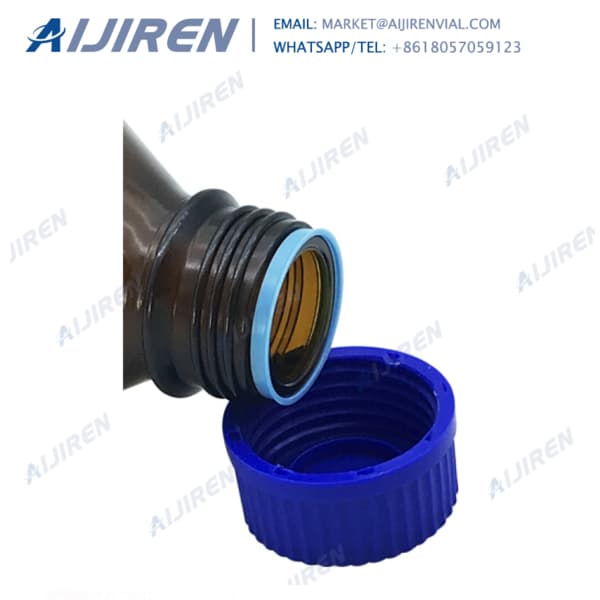
Gas Chromatography - Chemistry LibreTexts
Aug 29, 2023 · Gas chromatography is a term used to describe the group of analytical separation techniques used to analyze volatile substances in the gas phase. In gas chromatography, the components of a sample are dissolved in a solvent and vaporized in order to separate the analytes by distributing the sample between two phases: a stationary phase and a
Get Price -

Protocol for solid-phase microextraction method development
Jan 7, 2010 · SPME has also been introduced for direct hyphenation with high-performance liquid chromatography (HPLC) and LC–MS so that weakly volatile or thermally unstable compounds can be analyzed 1,2,3,4,5.
Get Price

